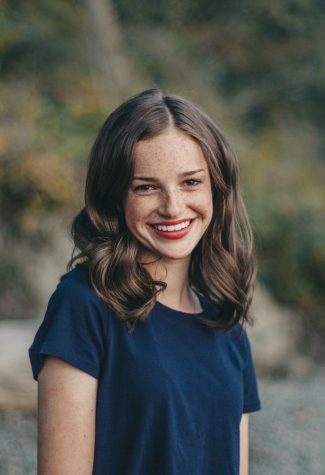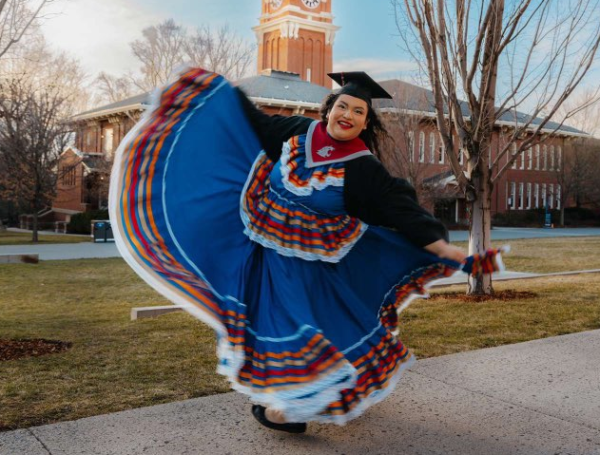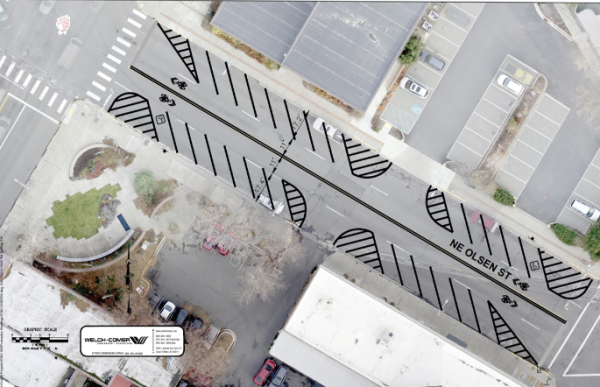WSU professors share humanities with communities around state
Talks open to public, accessible for broad audiences
August 27, 2021
Five WSU professors are working with the Humanities Washington Speakers Bureau program to present various humanities topics to rural and underserved communities throughout the state.
The mission of Humanities Washington is to create spaces for people to come together and explore what it means to be human, Program Manager Asia Lara said. Speakers Bureau, the organization’s most popular program, was founded in 1984.
“Speakers Bureau in particular is one of those programs that is really intended to try and bridge some of those more deeper rifts and societal divides through increasing opportunities for cultural understanding and interaction,” Lara said.
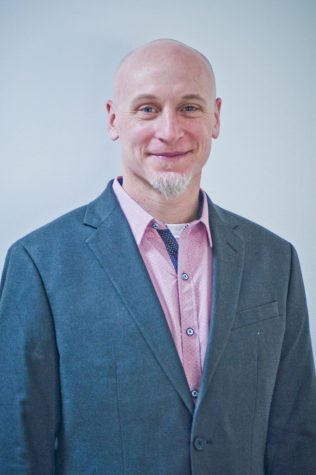
William Kabasenche, WSU School of Politics, Philosophy, and Public Affairs professor, recently gave his first presentation focusing on biomedical enhancement ethics to a library in Bellevue.
Kabasenche said he hopes audience members think about the questions raised and how they apply to everyday life.
“The kinds of things that are happening right now in biotechnology and in medicine are things that really matter for our lives,” he said. “We can’t really afford to just ignore them and hope somebody else is thinking about them.”
Cornell Clayton, WSU’s Thomas S. Foley Institute for Public Service and Public Policy director, was part of the Speakers Bureau for six years. Within that time, he traveled to over 60 communities, from Seattle to White Salmon.
Clayton recommends certain professors to the Speakers Bureau. Clayton said he keeps an eye out for faculty members doing interesting work and who are good at reaching a generalized audience.
The Foley Institute and Humanities Washington have a longtime partnership, dating back 10 years. However, Clayton said they entered into a formal partnership with the Speakers Bureau four years ago.
The mission of Speakers Bureau directly correlates with WSU’s land-grant mission, he said.
“One of the roles is to bring higher education to the broader populace,” he said, “to go out to rural communities in particular and bring the fruits of higher education to them. It really fits nicely.”
All prospective speakers are required to audition. Lara said they typically receive anywhere from 100 to 150 applications each cycle. The group is narrowed down through several evaluation rounds before a roster of 30 to 35 speakers is created.
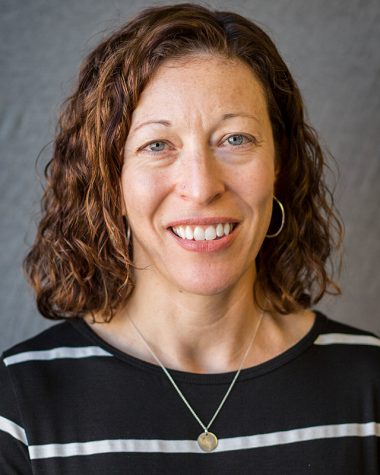
Preparation for each talk begins during the evaluation rounds. WSU Sociology Professor Jennifer Sherman said the Speakers Bureau worked with her to ensure her talk flowed and was accessible to a broad audience.
“For someone like me, that’s the biggest challenge,” she said, “because I give lots and lots of talks, but a lot of them are very academic and so, you know, learning how to translate things to a more general audience, that’s really helpful.”
It is important to share knowledge in a way that does not alienate people and make them feel like they need a credential to understand, Sherman said.
Sherman studies rural communities. Her talk is based on “Dividing Paradise,” a book of hers published in spring 2021. The book is a case study of a community in rural Washington impacted by in-migration.
“Much of what goes on in our social world, we’re just unaware of it,” she said. “So it’s really great to have the opportunity to help people start to see those patterns and maybe see them in their everyday lives.”
Speakers have two-year terms and are able to reapply immediately after for another cycle. Lara said the reapplication process for returning WSU professors is somewhat informal.
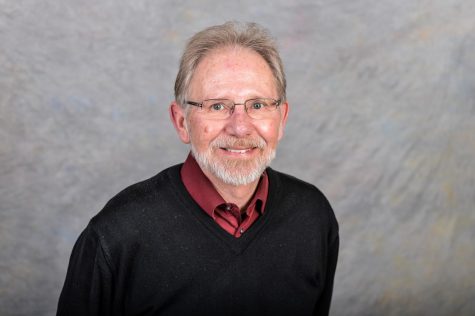
Steven Stehr, Sam Reed Distinguished Professor in Civic Education and Public Civility, is currently in his second term. During his first term, Stehr focused on the truth crisis gripping the U.S. and how the assault on truth affects specific issues, like vaccines and crime rates.
Now, in his second term, Stehr said he is focusing on how U.S. politics got uncivil again. The topic stemmed from his work with the Sam Reed professorship, which was created to honor the former Washington secretary of state’s legacy.
All talks are open to the public. However, Lara said the Speakers Bureau made adjustments to the program because of COVID-19. Some are done over Zoom while some are in person; it just depends on the host’s preference.
Transportation costs for speakers are covered in full, Lara said. Typically, the Speakers Bureau offers travel subsidies and asks host organizations to pay for whatever costs remain.
Individuals wanting to attend virtual events must register in advance. Information about upcoming talks can be found on the Speakers Bureau calendar.


